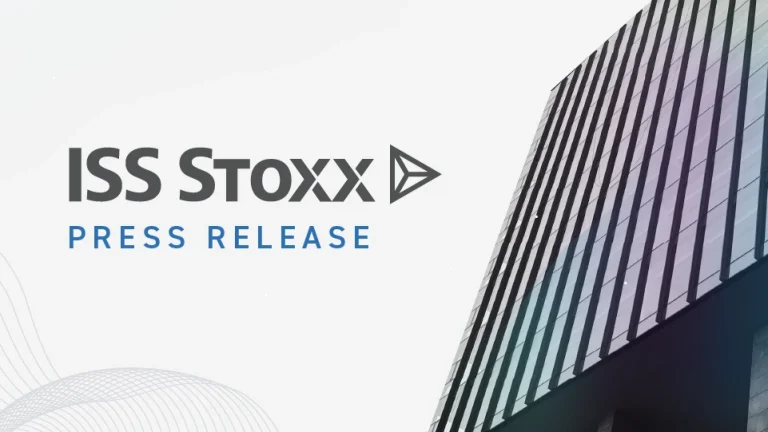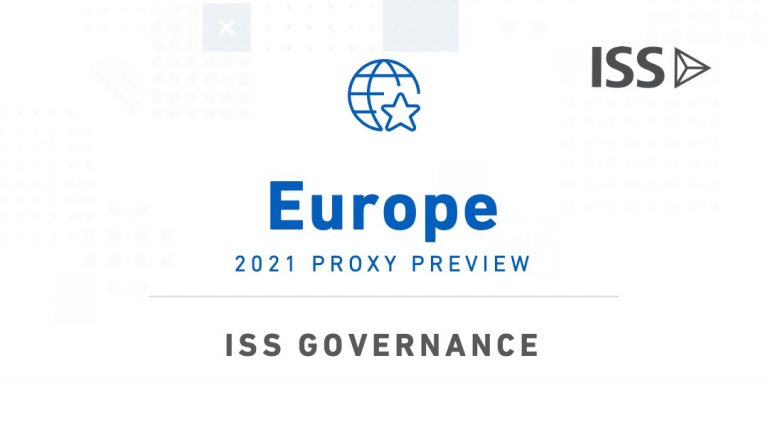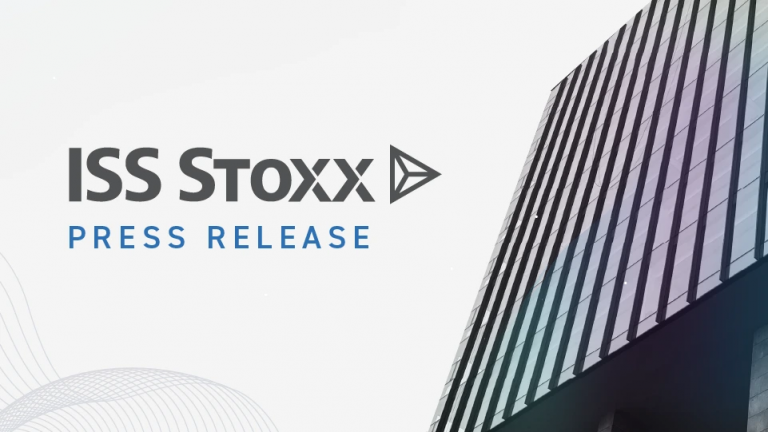ISS ESG responds to a recent Blog post that takes a broad-brush approach to categorizing ESG research practices.
In the article, Aegon Asset Management states its belief that some “ratings agencies employ flawed methodologies” that tend to overlook the sustainability impact of a company’s products and services by mostly focussing “on how a company operates, rather than what it does”. The tobacco industry is provided as an example.
While the criticism may be valid for purely risk management driven, relative rating approaches, there are ESG rating methodologies that do take into account the sustainability impact of products and services and, hence, come to more credible results:
The ISS ESG Corporate Rating follows a holistic approach in its sustainability performance assessment. By this we mean that our default approach combines both dimensions of sustainability: the impact assessment of a company’s product and service portfolio; and a performance assessment regarding its operations and ESG management practices. This approach ensures a credible, meaningful and forward-looking rating signal duly reflecting environmental, social and governance (ESG) impact and the future viability of a given issuer.
The product portfolio assessment is based on the reported or estimated share of net sales generated, with relevant products or services classified as contributing to or obstructing the achievement of global sustainability objectives aligned with the UN SDGs. Regarding its overall weight in the ISS ESG Corporate Rating, the following applies: the more distinct the negative or positive impact of a company’s product portfolio on sustainable development, the greater its impact on the overall ESG performance assessment – up to 50% for sustainable business models with low ESG risk exposure along the value chain.
ISS ESG’s top sustainability ranking, Prime Status, is attributed to companies that fulfill ambitious absolute performance requirements based on the combination of the impact and the risk management dimensions.
As a result of our impact-inclusive Corporate Rating approach and absolute scoring model, none of the 16 Tobacco companies currently in the Corporate Rating Universe holds the ISS ESG Prime Status.
While Imperial Brands scores equal to or better than most of its peers (and has for example been outperforming its peer group with regard to prevention of deforestation and supply chain management), it is not considered to adequately address the negative impacts of its products on public health, nor does it show any strategy to shift its product portfolio towards less socially harmful products and services. As a consequence, Imperial Brands is scored with C / Not Prime in the overall ESG Corporate Rating.
The responsible investment research space is a dynamic and evolving sector, and we are always mindful of opportunities to improve processes. It is important, however, that criticisms of processes in the sector are not too broad-brush in scope. Such commentary can result in misinformation being circulated, at the expense of the responsible investment sector as a whole.
By:
Kristina Rüter, Managing Director, Global Head of ESG Methodology, ISS ESG
Lisa Breitenbruch, Vice President, ESG Methodology, ISS ESG




